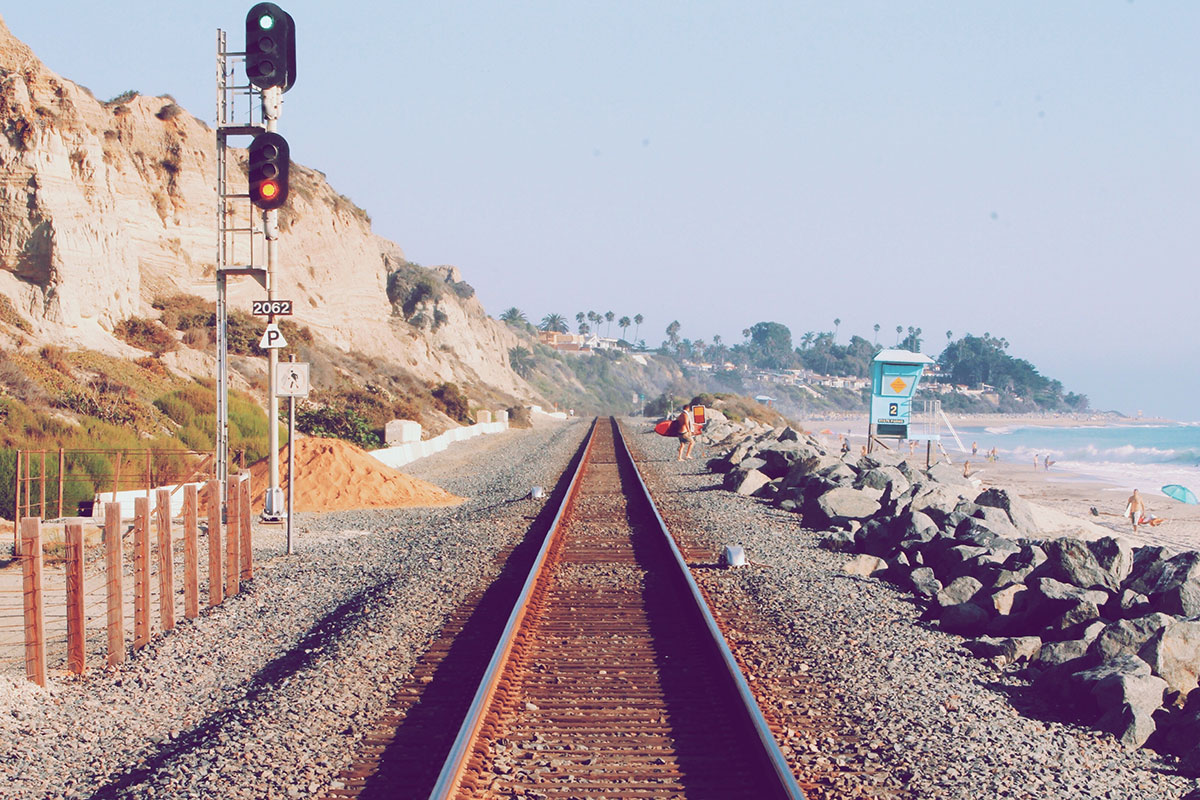Household Bills
Rail fares rise twice as fast as wages and will climb further next year

Rail fares have risen at double the pace of wages since 2010 and there’s more bad news for commuters as prices could rise by nearly 2% in January.
The price commuters pay for train and rail travel has risen by 25% in the last six years, but average weekly earnings have only gone up by 12%, according to new analysis by the Action for Rail campaign and TUC.
They are calling for an end to the rail rip off, stating that while fares have gone up and services slashed, dividends paid to shareholders of private train companies have risen to £222m in the last year – an increase of 21%.
But there’s more bad news for commuters as official figures from the Office for National Statistics (ONS) revealed the Retail Price Index (RPI) measure of inflation for the 12 months to July 2016 stood at 1.9%.
July’s inflation rate is used by the government as a benchmark to set a cap on how much regulated rail fares can rise by in England, Scotland and Wales (Northern Ireland has its own devolved scheme of setting rail fare prices).
As a result, regulated fares, including season tickets and some off-peak return tickets on long distance journeys, and anytime tickets around major cities could rise by as much as 1.9% in January.
The price increase excludes unregulated fares which aren’t overseen by the government; instead these are set by train companies, including first class tickets and advance purchase tickets.
About half of rail fare revenue comes from regulated fares, the other half from unregulated fares.
TUC General Secretary, Frances O’Grady, said: “Rail passengers are paying more and getting even less. Fares go up while trains remain overcrowded, stations are unstaffed, and rail companies cut the guards who ensure journeys run smoothly and safely.
“Enough is enough. It’s time for rail services to be publicly owned, saving money for passengers and taxpayers alike. Instead of increasing fares and cutting staff, we should be building an accessible, reliable train service that Britain can be proud of.”